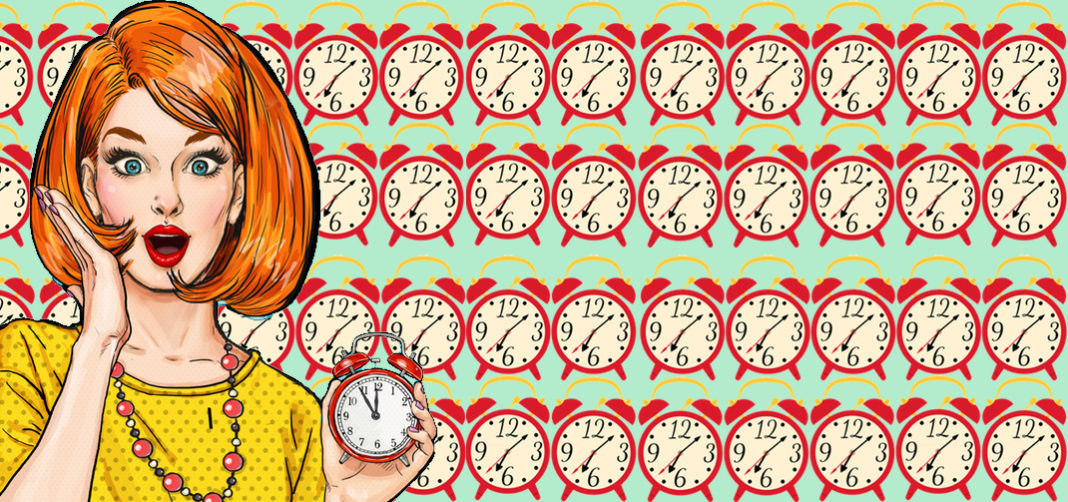According to the US Bureau of Labor Statistics American Time Use Survey, Americans spend more time working, watching television and movies, and using their computers for fun than they did ten years ago. They spend less time relaxing, thinking, socializing and communicating with others, and engaging in charitable activities like helping people who aren’t members of their immediate family.
What about you? Understanding where your time is going can be an eye-opening exercise. It allows you to see whether your priorities and values align with how you actually live your life.
First, list the three things in life that mean the most to you. Next, fill in a chart like this one. It’s a helpful tool that enables you to visualize how you actually organize the hours of your day. Do the three items you listed that mean the most to you figure prominently on this chart? If not, it may be time to re-think how you spend your time. As Beverly Adamo reminds us, “it’s not about time, it’s about choices. How are you spending your choices?”
Howard Gardner, professor of psychology at Harvard, researchers questions about health, happiness and personal values. Across the board and around the world, his findings are consistent – people place a premium on time well spent:
Over and over, in our interviews and surveys, we found that individuals were especially pleased when they had an experience that was enjoyable and fulfilling, and conversely frustrated when they felt that they had not spent their time well. For example, they could have a delicious meal at a high quality restaurant. But they much preferred a meal of mediocre quality, if they could be surrounded by friends whose company they enjoyed. On the other hand, many who spent hours playing online games, registered annoyance that they had wasted so much time.
More important than how we spend our time is how well we spend our time. As Gardner highlights, what may seem like a waste of time—daydreaming, reflecting, thinking, and allowing our minds to wander may in fact be time well spent.
He offers the following tips to make the best use of your time:
Put the quality of time use front and center in your life.
Pursue and value quality, not just quantity. In other words, don’t just think about how long an event (like a meeting or meal) will take; think instead about whether you will enjoy and profit in some way from the minutes or hours.
Don’t try to fill every minute — it is healthy to sit back, reflect, and daydream.
Technology is a double-edged sword — it’s seductive, superficially fun, but it’s time-consuming and rarely produces a lasting sense of satisfaction.
Reflect on how you have used time — and if not well, then go back to the drawing (or day dreaming) board.
I wish you all the best,
Dr. Samantha Boardman






